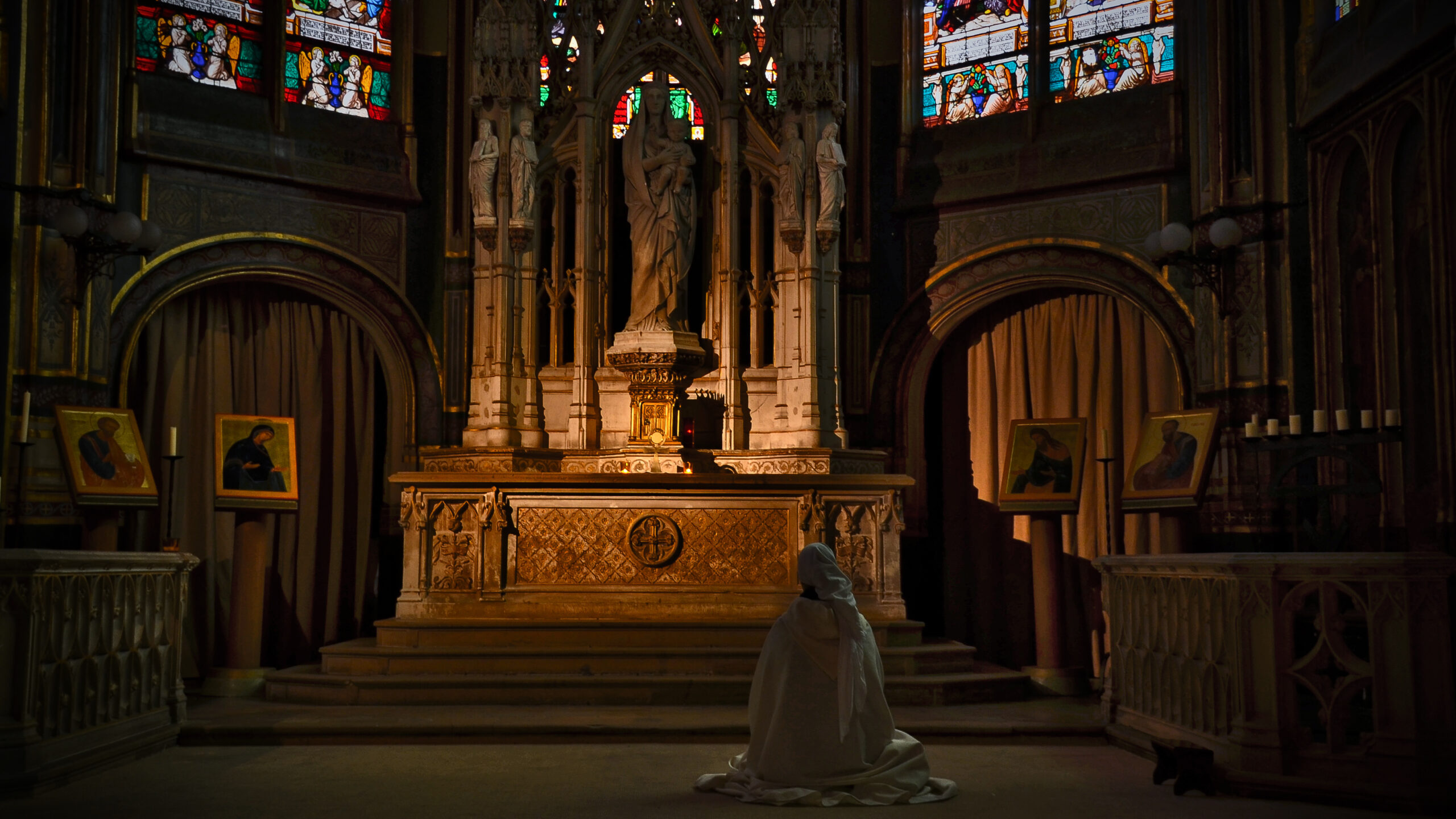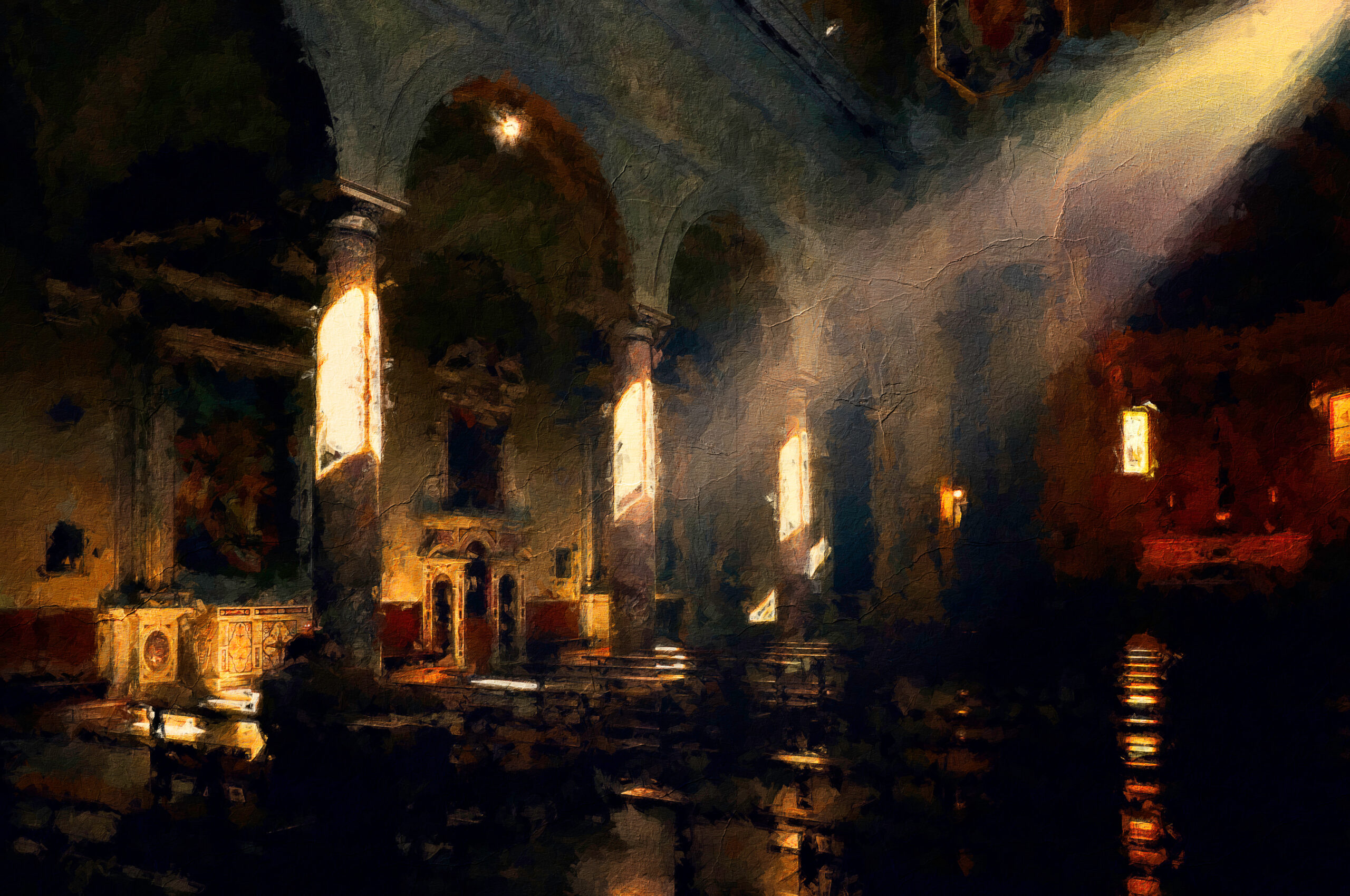But those who at this time are going on to perfection proceed in a very different way, and in a very different temper of mind: they grow and are built up in humility, not only looking on their own works as nothing, but also dissatisfied with themselves; they look upon all others as much better, they regard them with a holy envy in their anxiety to serve God as they do. For the greater their fervor, the more numerous their good works; and the keener the pleasure therein, the more they perceive—for they humble themselves—how much that is which God deserves at their hands, and how little is all they can do for Him; thus the more they do, the less are they satisfied.
So great is that which they in their love would fain do, that all they are doing seems nothing. This loving anxiety so importunes and fills them that they never consider whether others are doing good or not, and if they do, it is, as I have said, in the conviction that all others are much better than they are. They think little of themselves, and wish others to do so also, to make no account of them and despise their works. Moreover, if anyone should praise and respect them they will give them no credit, for they think it strange that anybody should speak well of them.
They, in great tranquility and humility, are very desirous to learn the things that are profitable to them from anyone; in this respect the very opposite of those of whom I have just spoken, who are willing to teach everybody; and who, when anyone seems about to teach them anything, take the words out of his mouth, as if they knew it already.
But they of whom I am now speaking are very far from wishing to instruct anyone; they are most ready to travel by another road if they be but commanded, for they never imagine that they can be right in any thing. When others are praised they rejoice, and their only regret is that they do not serve God themselves as well as they. They have no wish to speak about their own state, for they think so lightly of it, that they are ashamed to speak of it to their own confessors; it seems to them unworthy of any mention whatever. But they have a great desire to speak of their shortcomings and sins, which they would rather have known than their virtues: thus they incline to treat of the affairs of their soul with those who have no great opinion of their state and spirit. This is a characteristic of that spirituality which is pure, simple, true, and most pleasing unto God. For as the wise Spirit of God dwells in these humble souls, He moves and inclines them to keep His treasures secretly within, and to cast out the evil. For God gives this grace, together with the other virtues, to the humble, and withholds it from the proud.
These will give their hearts’ blood for him who serves God, and will help him to serve Him to the utmost of their powers. When they fall into any imperfection they bear up under it with humility, in meekness of spirit, in loving fear of God, and hoping in Him. But the souls who in the beginning travel thus towards perfection are, as I said, few, yea, very few, and we ought to be content when they do not rush into the opposite evils. This is the reason, as I shall hereafter explain, why God leads into the dark night those souls whom He will purify from all these imperfections in order to their further progress.
This article is taken from the Introduction of Dark Night of the Soul by St. John of the Cross, which is available from TAN Books.







